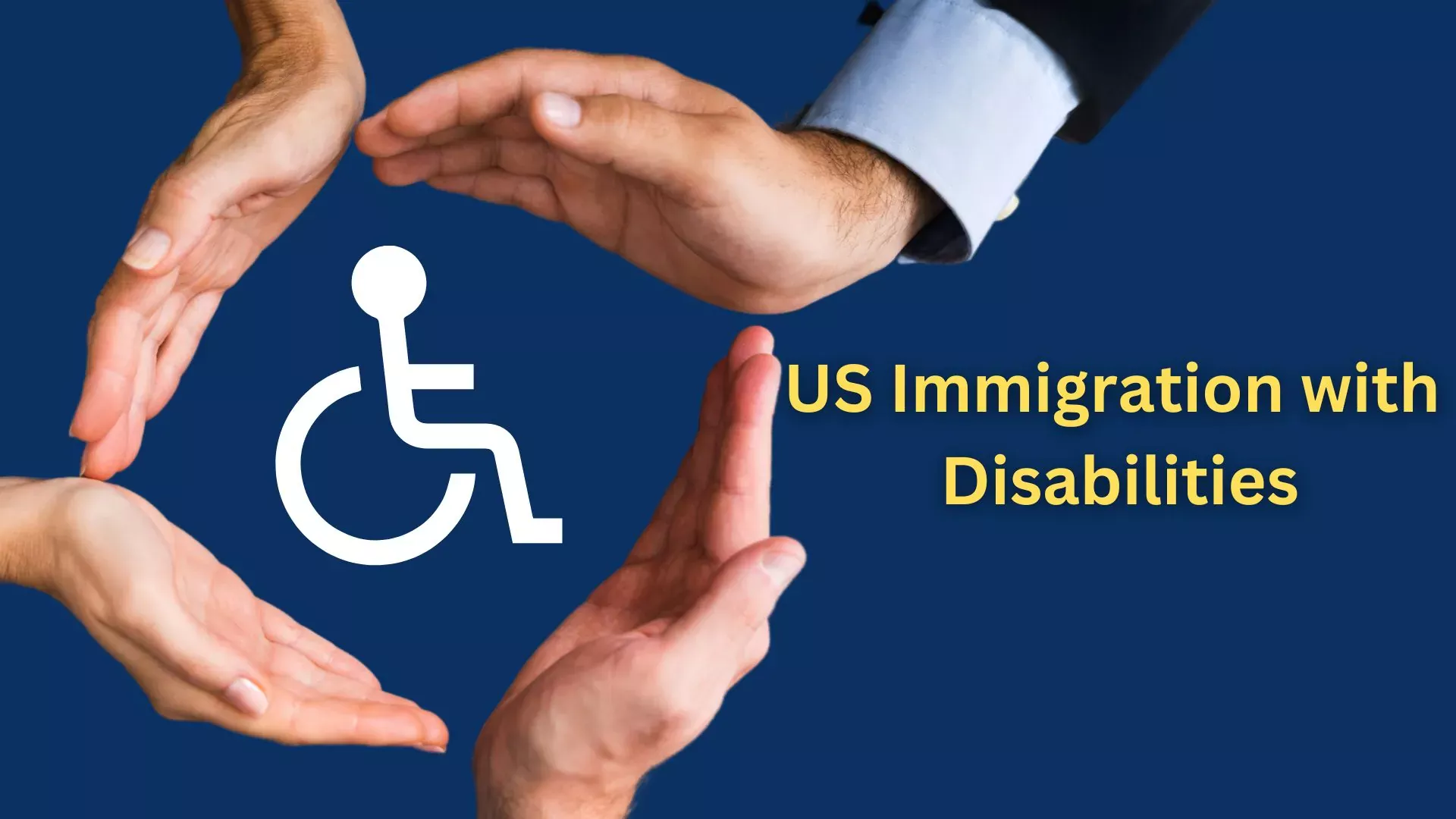The US immigration system is open to applicants with disabilities.
In America, people with disabilities can apply to immigrate. In fact, the U.S. is considered more flexible than other developed countries, such as Canada.
They don’t say “no” to people just because they have disabilities. But they do check if the person might be risky to public health or safety.
Here are some key points to know about disability and immigration to the USA:
Public Charge Inadmissibility:
For some immigrants, the “public charge” is a big challenge. This rule says that immigrants should not rely mainly on the government for money. They need to be able to support themselves financially.
When deciding about “public charge,” they usually don’t count disability benefits. But they might think about other things like how much money they might need for healthcare.
Immigration Accommodations for People with Disabilities
U.S. Citizenship and Immigration Services (USCIS) offers a variety of accommodations for people with disabilities throughout the application process. These include:
- Fee waivers: If you need to apply for certain applications with USCIS (United States Citizenship and Immigration Services) but can’t afford the fees, you can ask for a fee waiver. You do this by filling out a form called Form I-912, which is the Request for Fee Waiver.
- Modification of forms: USCIS may be able to modify forms to make them easier to fill out.
- Interview accommodations: You may be able to request an interpreter, more time to answer questions, or a break during your interview.
- Medical exam accommodations: You may be able to request accommodations during your required medical exam.
- Waiver of the English and civics tests: If you have a disability that prevents you from taking the English and civics tests required for naturalization, you may be able to request a waiver by submitting Form N-648 with a doctor’s certification of your disability.
Considerations:
- Type of disability: The process may vary depending on the nature of the disability.
- Support system: Having a strong support system in the US can be helpful for people with disabilities who are immigrating.
- Legal assistance: Immigration law can be complex, so it’s advisable to consult with an immigration attorney who specializes in cases involving people with disabilities.
Where to Find Help
- For more information on USCIS accommodations for people with disabilities, you can visit the USCIS website: USCIS Disability Accommodations: https://www.uscis.gov/about-us/disability-accommodations-for-the-public)
- Disabilities Rights Education & Defense Fund (DREDF): https://dredf.org/ is a non-profit organization that advocates for the rights of people with disabilities. Their website may have information on immigration options for people with disabilities.
- National Immigration Law Center (NILC): https://www.nilc.org/ is another non-profit organization that focuses on immigration law. Their website may also have resources on this topic.
Note: Please consult with an immigration attorney to get specific advice.
